Think of a Wes Anderson film and the muted greys and browns of a rain-soaked day in London are not the first things that spring to mind. But the UK capital is about to host the first European exhibition of photographs inspired by the vibrant aesthetic of the American film director.
Accidentally Wes Anderson: The Exhibition, which opens in South Kensington, London, on 8 December, is the latest incarnation of a phenomenon that began on social media six years ago when self-confessed “nerd” and “Anderson fan-boy” Wally Koval started an Instagram account with the same name. He envisaged it as a personal “travel bucket list”, on which he’d share pictures of places he wanted to visit. However, it quickly snowballed to become an online community sharing photographs of locations that reflected the distinctive, colour-saturated look of films such as The Grand Budapest Hotel and The Royal Tenenbaums.
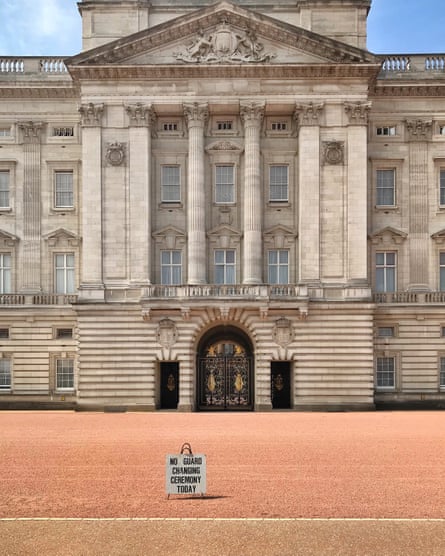
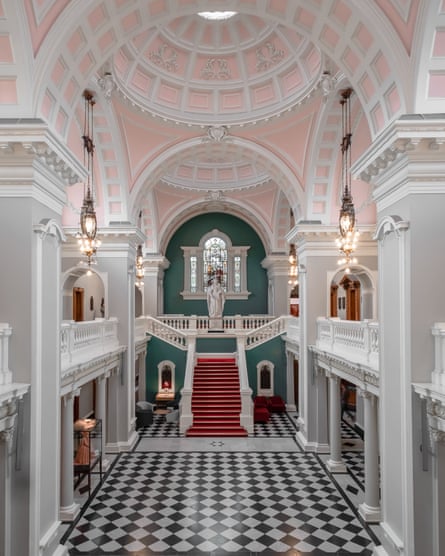
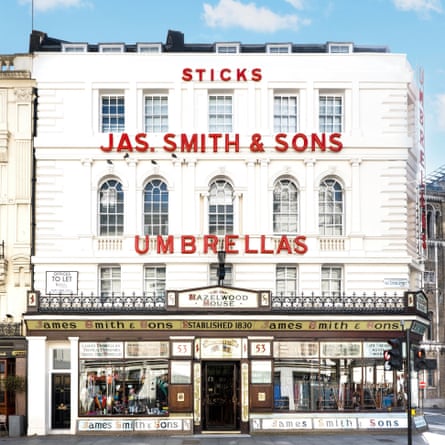
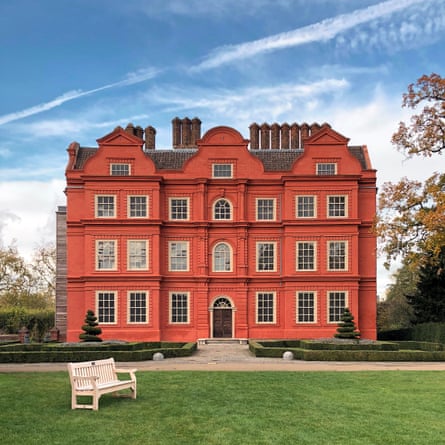
The Instagram account has 1.8 million followers and has spawned a coffee table book, a jigsaw and an international exhibition that has visited Tokyo, Seoul and now London. The “gallery experience” will showcase more than 200 images from around the world which, in their symmetry, framing, pastel hues and attention to whimsical detail, echo Anderson’s trademark style. The photographs will be displayed across seven rooms, with themes including transport, sport and hotels/motels, with interactive elements which will allow visitors to immerse themselves in the imagery. There will also be a room dedicated to London – not a city renowned for its sun-soaked colour palette. So which London landmarks have made the final cut?
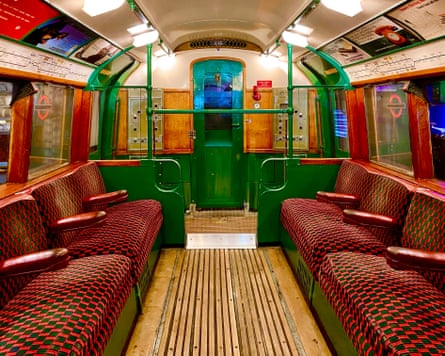
“You’re going to find everything from iconic buildings like Buckingham Palace to the tube station or laundromat that you pass every day,” says Koval. The London Transport Museum, Covent Garden tube station and lesser-known architectural gems such as Woolwich town hall and the James Smith & Sons umbrella shop on New Oxford Street will claim wall space. There will also be several blank spaces with an invitation for people to submit their own photographs of the city, which could go on display from January.
Koval estimates that about 85% of the photographs on display have been taken by non-professional photographers using mobile phones, and that a huge part of the appeal of the AWA phenomenon is its “democratisation” of photography. Brooklyn-based Koval and his wife, Amanda, receive between 2,000 and 3,000 photographs each month via their website; and hundreds more are shared via direct messaging and hashtag. The couple looks at every single one: “It would be rude not to.”
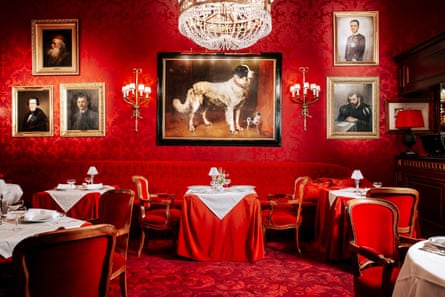
-
Exotic palette (clockwise from above): Hotel Sacher, Vienna (Paul Bauer); Gran Teatro de Manzanares, Spain (PR); Eastern Columbia Building (Elizabeth Daniels)
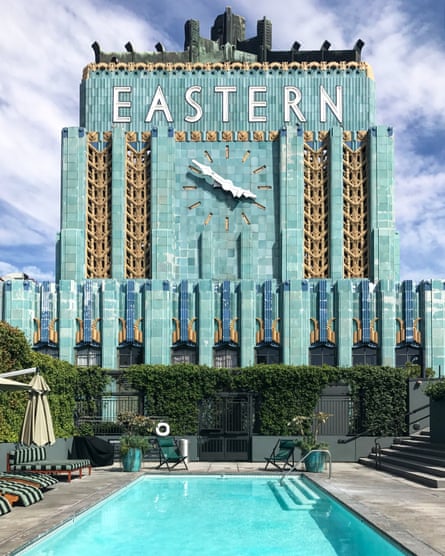
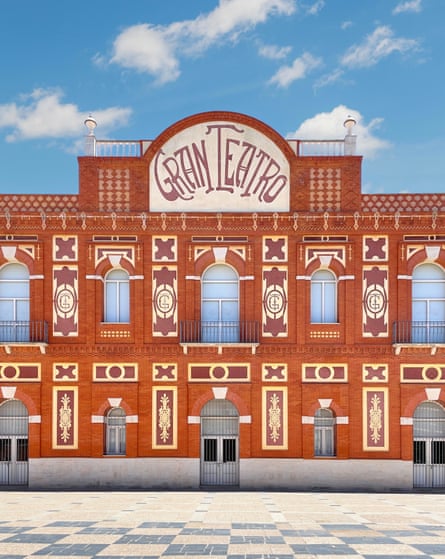
So what are the ingredients of a perfect Accidentally Wes Anderson shot? “There are certain guidelines that we could give you, like symmetry or some sort of colour palette or a nostalgia of sorts. But it’s more a case of you know it when you see it,” says Koval. “It’s funny because people will say ‘That’s not Wes Anderson’ but it has evolved and it’s now as much about the unique story behind a building rather than a defined set of aesthetics.”
Koval is adamant that AWA is not about slavishly trying to replicate shots from the films: “It shouldn’t look like it came straight from [a Wes Anderson] film. It should look like it came from a film that has never been produced and may never be produced but it would be awesome if it was.”
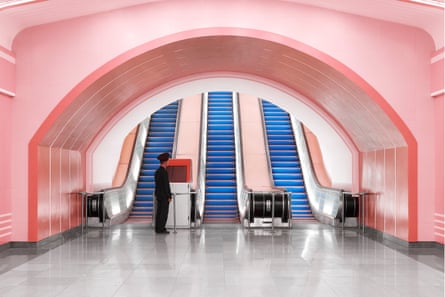
Nor is it necessarily about travelling to exotic locations in search of the unusual: “If you allow yourself to see it, you can see it anywhere. It takes your daily walk or your commute and it’s almost a filter that you put over it that allows you to create this fantastical reality, without having to go anywhere.”
Accidentally Wes Anderson: The Exhibition is at 81-85 Old Brompton Road, London SW7. It runs from 8 December 2023 to 17 February 2024. Adult from £10.99, child from £6.99, tickets at feverup.com







